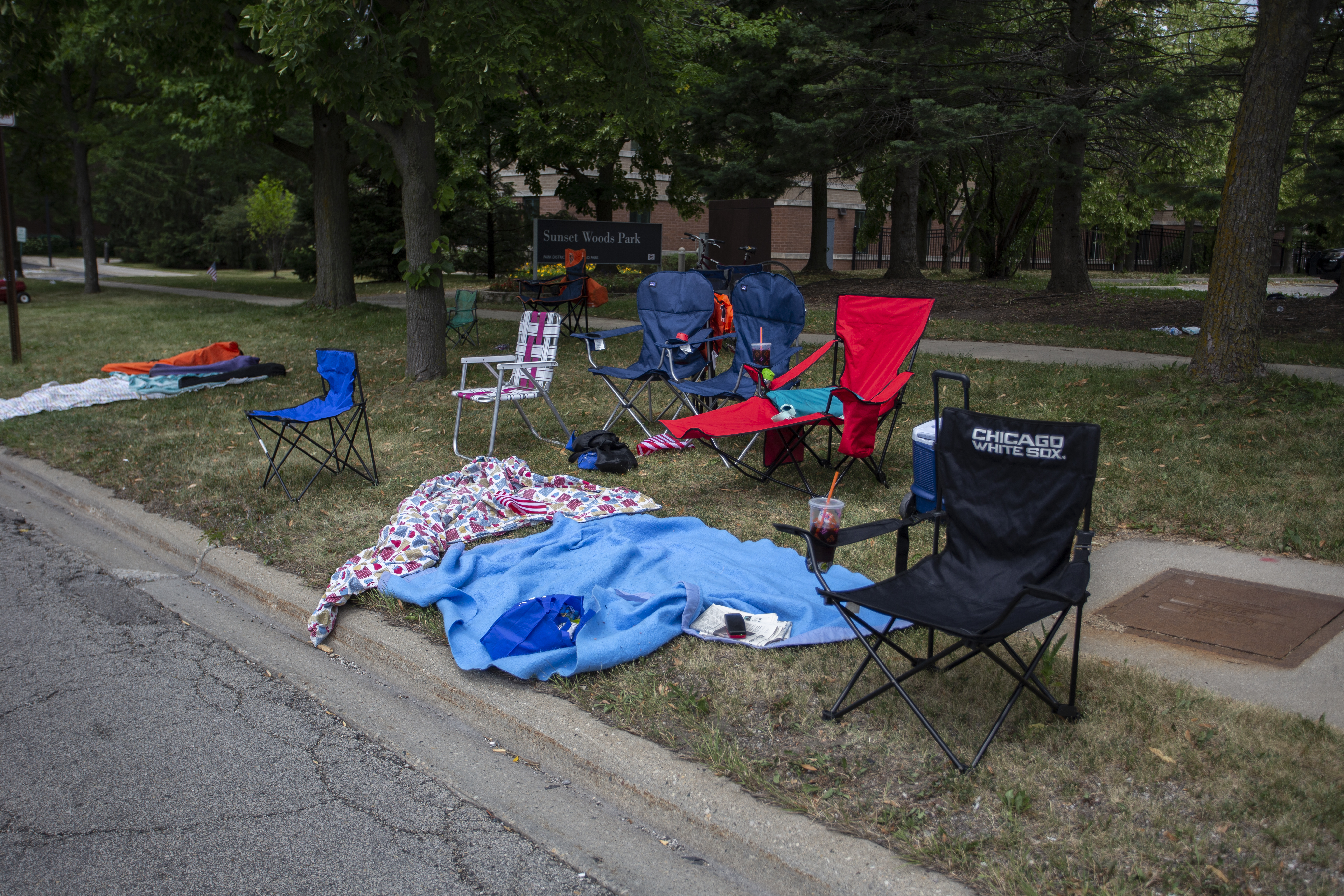Former Rhode Island Rep. Patrick Kennedy said Monday he plans to visit Rep. Jesse Jackson Jr. of Illinois on Thursday at the Mayo Clinic in Minnesota, where Jackson is being treated for bipolar disorder.
Kennedy was treated at the Mayo Clinic himself for addiction and depression in 2006 after a late-night car crash at the U.S. Capitol. He decided not to run for a ninth term in 2010 and retired from Congress last year.
Jackson took a medical leave two months ago, and the Rochester, Minn.-based Mayo Clinic said Monday he was being treated for Bipolar II, which is defined as periodic episodes of depression and hypomania. Hypomania is a less serious form of mania.
"Jesse and I served together for many years, and I've spoken to him several times, and I'm looking forward to visiting with him personally ... just to impart for him my experience. There’s an ability for Jesse to be helpful to others who come after him," Kennedy told The Associated Press on Monday. "I can share with him not only my experience in recovery, but I can also obviously relate what it’s like to struggle and be in public life."
Kennedy, 45, son of the late Massachusetts Sen. Edward Kennedy, says he and Jackson, a fellow Democrat, have a lot in common. Both have famous fathers, and they served together on the House Appropriations Committee.
"Obviously, both of us follow in some pretty big shoes of those that went before us. There was a lot that we had in common. We were more than just colleagues, we became good friends," Kennedy said.
Kennedy was a leading voice in Congress on improved mental health care. His proudest legislative accomplishment was the 2008 passage of the Mental Health Parity Act, which requires group health plans to offer benefits for mental health that are on par with other health insurance benefits. Since leaving Congress, he has advocated for a push to improve research into diseases of the brain. He said he hoped Jackson’s experiences would help propel him to be another leader on the issue.
Local
"Jesse conveyed to me that as he also struggles in his own recovery, he looks forward to taking up the struggle for mental health parity. He will be a welcome voice in the Congress on this issue," Kennedy said. "He’s a very eloquent voice for justice and the cause of civil rights. I think this is in a very real sense a new struggle for civil rights."



